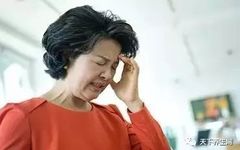


肝气郁结 (Liver Qi Stagnation),肝 (Liver) is the organ most easily affected by emotions; negative emotions such as anger and depression can impact our liver. Traditional Chinese Medicine (TCM) believes that the liver has a function of regulating and dispersing energy (qi), thriving on smoothness and disliking stagnation. If emotional disturbances lead to dysfunction in the liver’s ability to regulate and disperse qi, it results in 肝气郁结 (Liver Qi Stagnation).

In daily life, there are people who, when driving, cannot control their emotions in the face of traffic jams or when other drivers overtake them, easily becoming angry. These individuals are referred to as the “Angry Road Tribe.” Many others may explode with rage over trivial matters. Their temperamental and irritable nature is primarily caused by 肝火太旺 (Excess Liver Fire) and 肝气郁结 (Liver Qi Stagnation).
What are the Symptoms of Liver Qi Stagnation?

Wang Yuying, a professor and chief physician at Beijing University of Chinese Medicine, is a guest on various health programs such as Beijing TV’s “Health Hall” and CCTV’s “Health Road.”
Due to unique circumstances, social status, and physiological structure, women are more prone to 肝气郁结 (Liver Qi Stagnation) compared to men. 1. One of the main manifestations of Liver Qi Stagnation is a tendency to sigh. Sighing can help smooth the flow of qi and blood, serving as a form of self-protection for the body. However, one might ask if a mere tendency to sigh can indicate Liver Qi Stagnation? Certainly not; Liver Qi Stagnation also manifests as pain in areas traversed by the liver meridian, such as breast tenderness, chest tightness, lower abdominal pain, and a sensation of a lump in the throat. In “Dream of the Red Chamber,” Lin Daiyu’s constant coughing is attributed to her unhappiness causing Liver Qi Stagnation and Liver Fire attacking the lungs, leading to chronic cough and tuberculosis.2. Liver Qi Stagnation can hinder the flow of qi, leading to a lack of appetite due to slow metabolism, fatigue in the limbs and laziness, resulting in issues like obesity and constipation.3. The regularity of menstruation in women is closely related to the liver’s ability to regulate. Liver Qi Stagnation can lead to shortened menstrual cycles, reduced menstrual flow, intermenstrual bleeding, dizziness during menstruation, and insomnia during menstruation.

4. The liver meridian runs along the sides of the body; if the liver meridian is obstructed, it may lead to conditions such as breast hyperplasia, breast nodules, or even breast cancer.5. Liver Qi Stagnation can cause insomnia, characterized by difficulties falling asleep, and even if one does fall asleep, they may experience vivid dreams and disturbances. This affects sleep quality, leading to poor blood nourishment, rough skin, and a dull complexion. Insomnia due to Liver Qi Stagnation transforming into fire is often caused by anger harming the liver.6. Feelings of oppression and anxiety caused by Liver Qi Stagnation often lead to symptoms such as headaches, irritability, emotional fluctuations, anger, chest and side pain, abdominal distension, and endocrine disorders.
Ancient Formulas to Help with Liver Qi Stagnation
“逍遥丸 (Xiao Yao Wan)” can relieve Liver Qi Stagnation.

In addition to appropriate exercise, we can also alleviate Liver Qi Stagnation by taking Xiao Yao Wan. The formula originates from the Song Dynasty medical text “Tai Ping Hui Min He Ji Ju Fang,” which compiled numerous medical prescriptions from that time and has a history of over a thousand years.
Xiao Yao Wan consists of multiple herbs including Chai Hu (Bupleurum), Bai Shao (White Peony), Dang Gui (Angelica Sinensis), Bai Zhu (White Atractylodes), Fu Ling (Poria), Bo He (Mint), and Gan Cao (Licorice), addressing a series of issues such as Liver Qi Stagnation, Spleen Qi Deficiency, Blood Deficiency, and the vicious cycle of Liver Qi Stagnation. It has the effects of soothing the liver, relieving stagnation, nourishing the blood, regulating menstruation, strengthening the spleen, and boosting qi.
It is worth mentioning that although Xiao Yao Wan is known as a “sacred medicine for women’s diseases,” both men and women can take it. The commonly seen Jia Wei Xiao Yao Wan (Modified Xiao Yao Wan) actually adds two herbs, Dan Pi (Moutan Cortex) and Zhi Zi (Gardenia), to the original formula. Generally, those with Liver Qi Stagnation can take Xiao Yao Wan, while those with Liver Qi Stagnation transforming into fire should take Jia Wei Xiao Yao Wan.
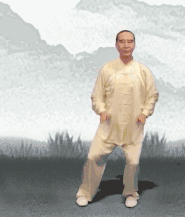
(Actual speed is 2-3 times slower)
Additionally, the “Ba Duan Jin” (Eight Pieces of Brocade) exercise, particularly the “Zuan Quan Nu Mu” (Clenching Fists and Staring), which includes actions like clenching fists, punching, and glaring, has a good regulatory effect on the liver’s ability to disperse qi.
Which Acupoints to Use for Soothing the Liver and Regulating Qi?
1足三里 (Zu San Li) is a commonly mentioned acupoint. Massaging or moxibustion at Zu San Li can help regulate the spleen and stomach, nourish the liver and boost qi, smooth the meridians, and dispel wind and dampness. If experiencing symptoms of Liver Qi Stagnation, stimulating Zu San Li can help improve the condition.
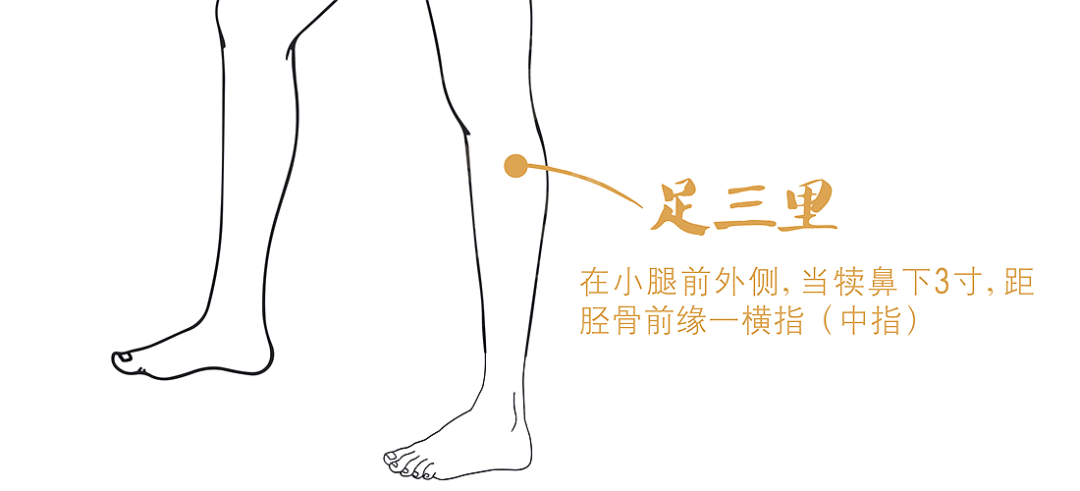
2膻中穴 (Zhong Fu) is located between the two breasts and has a calming effect on the mind and alleviates oppression. When massaging, use the pad of the thumb to apply slight pressure on the acupoint for 5 seconds, then rest for 3 seconds. When angry, rubbing downwards 100 times can help smooth the qi and is beneficial for relieving qi stagnation.
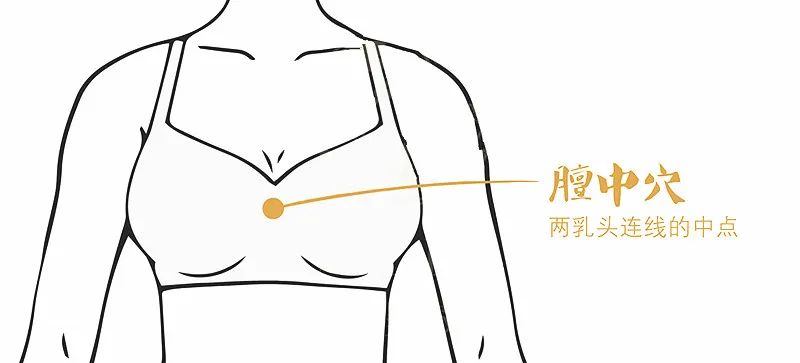
3太冲穴 (Tai Chong) is known as the most important acupoint in the human body, often referred to as the “vent” for the body. Tai Chong is the most effective point for dispersing stagnant liver qi.
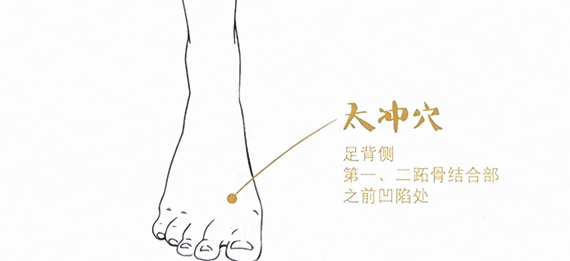
Medicinal Dishes to Soothe the Liver and Regulate Qi
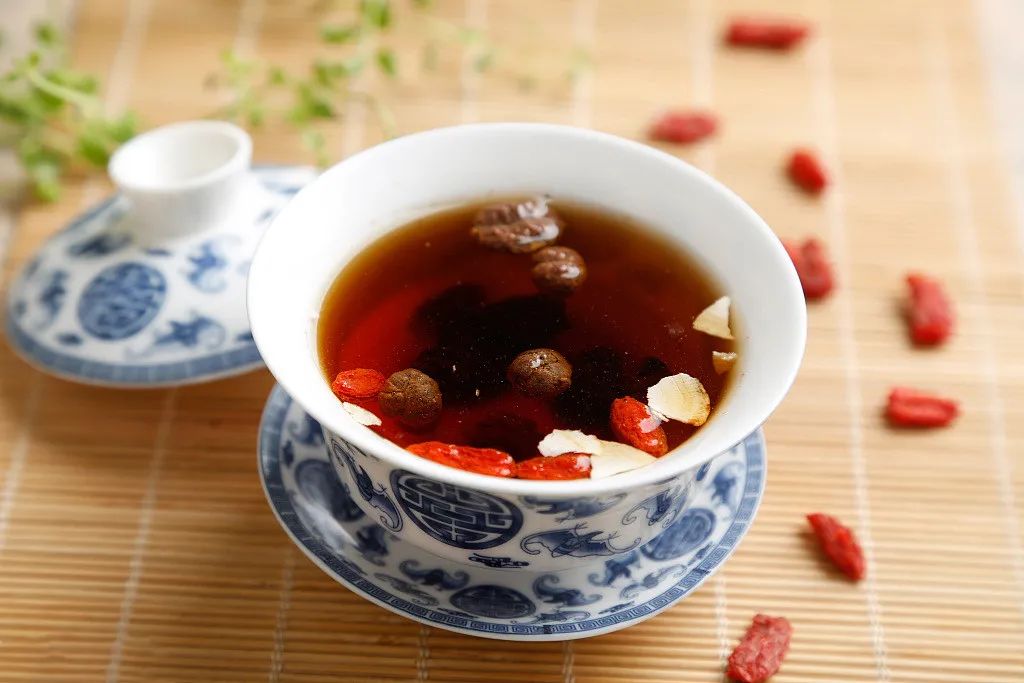
1二花理气茶 (Er Hua Li Qi Tea)
Ingredients: 9g of Rosa rugosa (dried), 9g of Rosa (dried), and 3g of black tea.
Preparation: Grind the three ingredients into a coarse powder, brew with boiling water for 10 minutes, and drink warm at any time, once daily for several days.
Effects: Regulates qi and relieves stagnation.
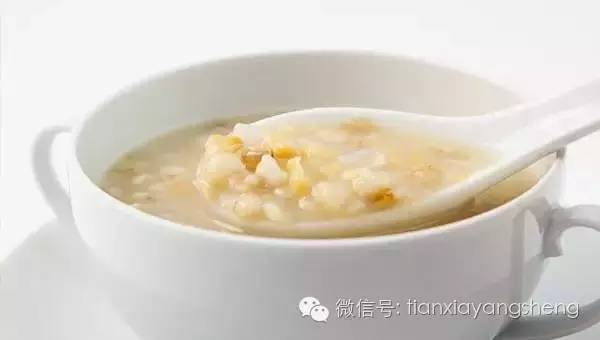
2沙参佛手粥 (Sha Shen Fo Shou Porridge)
Ingredients: 20g of Sha Shen (Glehnia), 20g of Shan Yao (Chinese Yam), 20g of Lian Zi (Lotus Seed), 20g of Fo Shou (Buddha’s Hand), appropriate amount of sugar, and 50g of glutinous rice.
Preparation: First, slice the Shan Yao and soak it with the Lian Zi and Sha Shen, then add all ingredients, add water, boil, and simmer into porridge.
Effects: Nourishes qi, nourishes yin, regulates qi, strengthens the spleen, and calms the mind.
 Giving roses, the fragrance remains in your hands
Giving roses, the fragrance remains in your hands ! Passing on health and longevity
! Passing on health and longevity !
!
If you find this helpful, share it with those you care about~
Post it in your circle of friends, and everyone will thank you for your selfless sharing !
!
1. Currently, WeChat public accounts do not sort by update time, making it easy to miss content. It is recommended to set this account as a star mark ★ so you won’t miss useful content.
2. For inquiries: Click “Read the original text” to enter the article list, and in the search box at the top of the page, enter your query and click “Search”. If you don’t find the answer you need, leave a message directly to the public account, and the editor will direct the question to the corresponding professional for a response.
3. Individual differences exist; if medication is involved, please follow medical advice.
Source: Compiled from CCTV – Health Road and others

More Related Content
-
People with liver meridian issues often exhibit this symptom! Regularly pressing this area of the body can resolve many problems.
-
In spring, it is easy to have liver stagnation and spleen deficiency; take action quickly!
-
In spring, the focus on liver nourishment varies each month! Be sure to check the key points for liver care each month.
-
To assess liver health, look at the eyes, face, and body! Quick self-assessment!
-
In spring, to nourish and protect the liver, consume these 7 medicinal dishes!
-
A special acupoint on the hand can ensure sufficient liver blood and bright eyes; massaging it now yields the best results!
↓ Click “Read the original text” for more content or to search for questions

